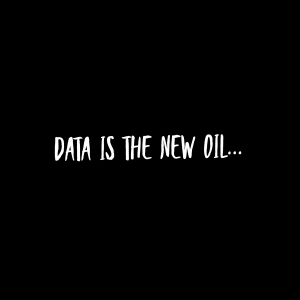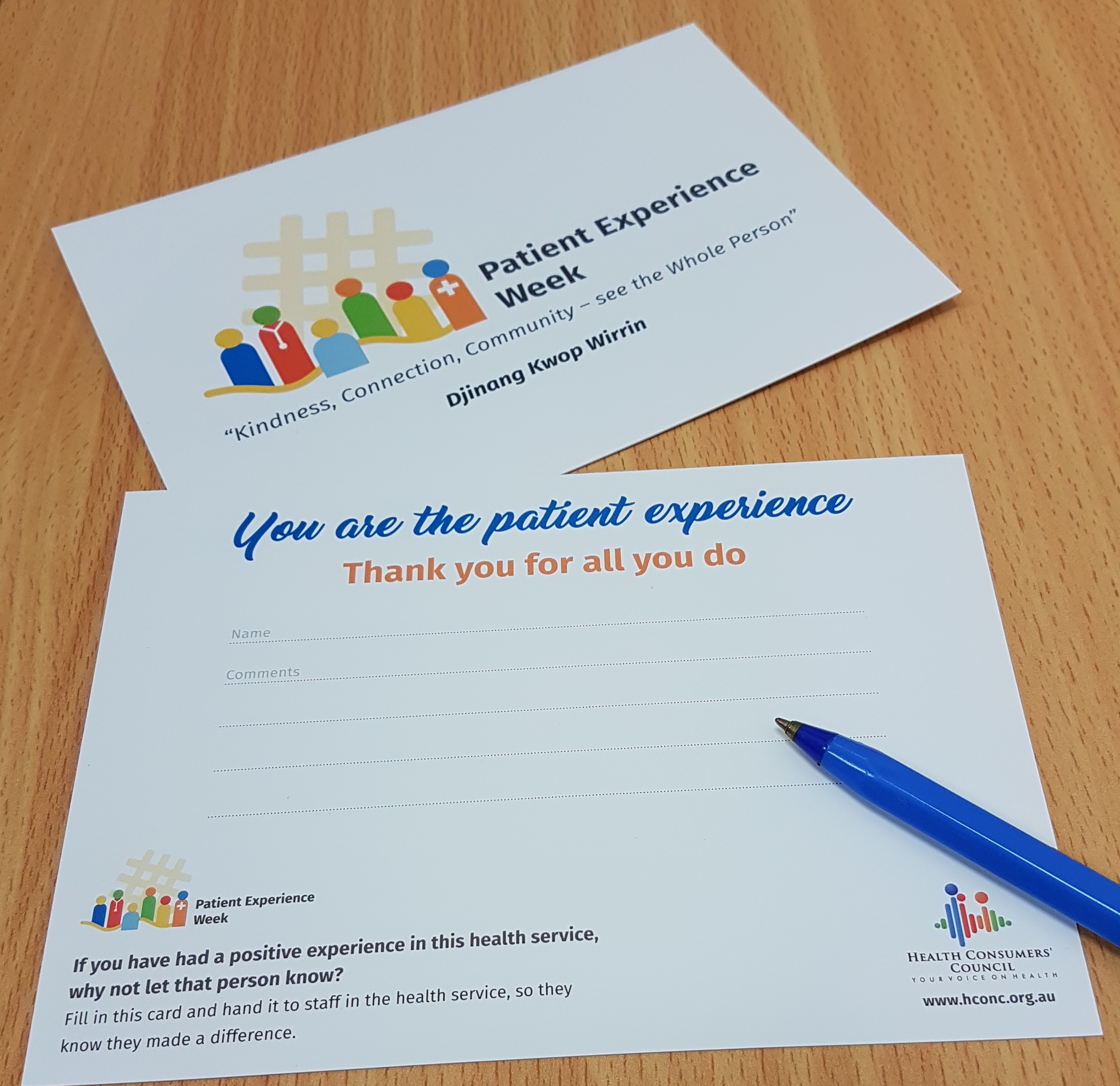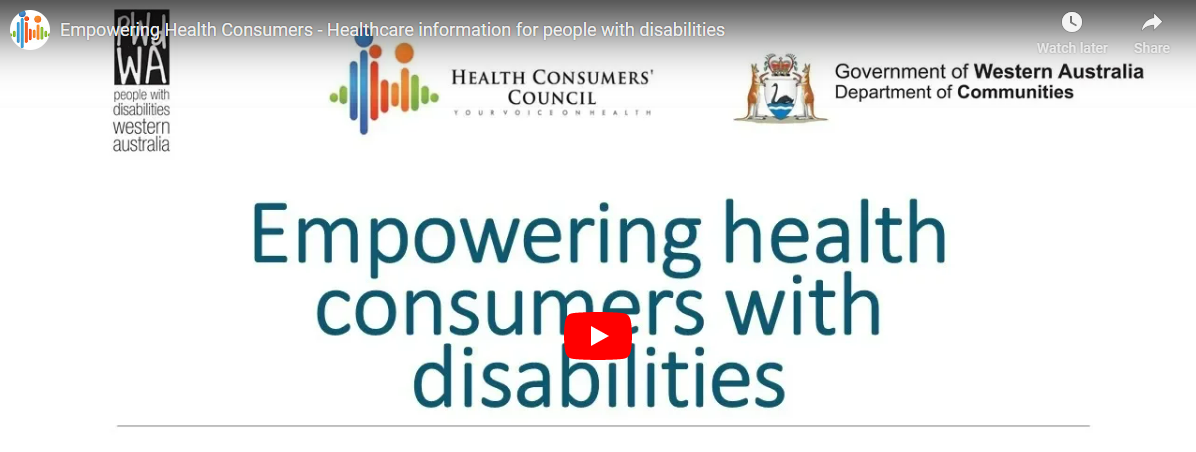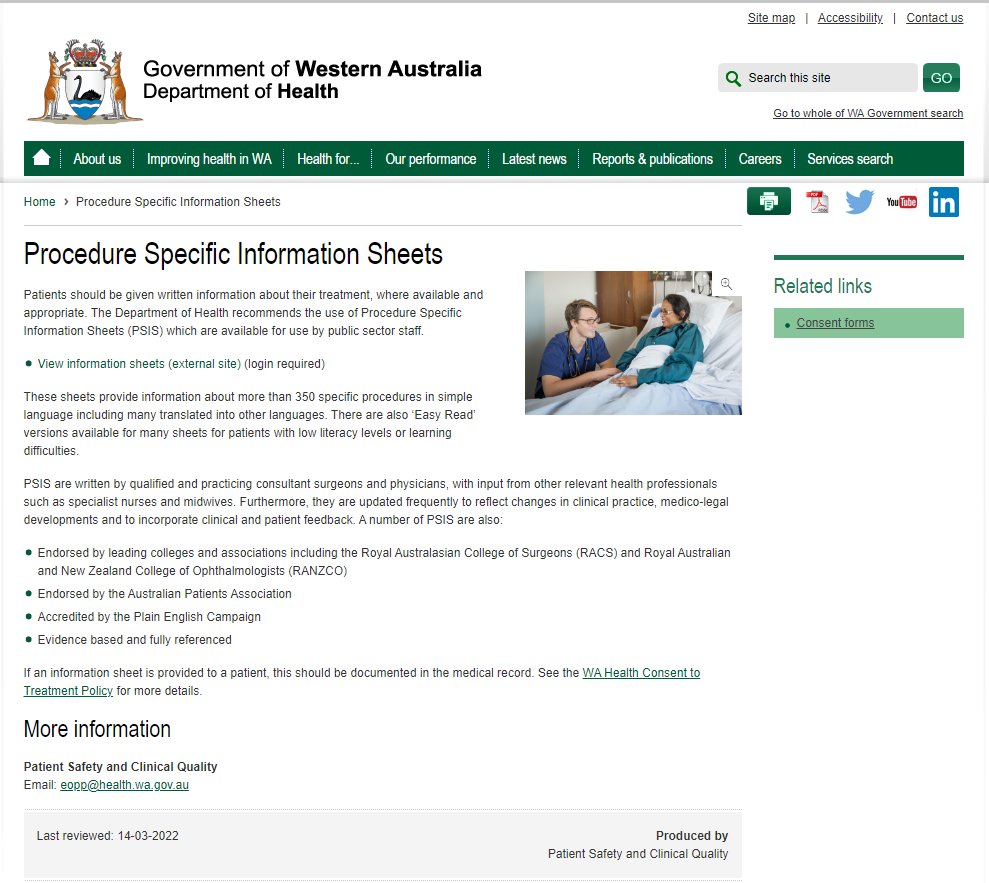There is so much going on in the digital health space. It is a complex area and difficult to know what issues need to focus on. People are rightly concerned about their data and its privacy. But being able to share your health information quickly could mean the difference between life and death. Queensland Health developed a Consumer Charter on Digital Health which aims to reflect consumer priorities and needs in relation to digital health.
In WA the Digital Health Strategy 2020-2030 was released, and a key initial deliverable will be creating a statewide electronic medical record in our hospitals. This may seem confusing, given that the My Health Record was implemented nationwide in 2019. As at December 2019, 22.68 million Australians had a My Health Record, with 2.4 million of those in WA. (See here) A key thing to remember is that:
- An electronic health record is designed to have a more overall view of someone’s health, across hospitals, GPs, pharmacists etc.
- A medical health record tracks medical care usually within one hospital.
We are currently working with the WA Department of Health to develop a Consumer Charter which focuses on digital health. HCC are convening 10 Kitchen Table Discussions on the topic and is currently seeking Discussion Hosts. The Kitchen Table Discussion comments will be used to form a Consumer Charter – this will include non-negotiable principles to guide future direction.
My Health Record Resources
In 2019, the Australian Digital Health Agency released a number of new resources, and we partnered with them to share them on our website and through social media. We also undertook a Consumer Survey – you can find the full report of our work here.
If you are using My Health Record, we recommenced you log in to take a look at your information and update your privacy settings. These brochures provide further information on how to use your My Health Record now that it has been set up.
- Your Health Information securely in one place (general information on how your health records are stored)
- Control who can look at your health information (includes how to set privacy controls)
- How is your health information protected (more information on privacy and security)
How can I find out more?
Check out these Frequently Asked Questions
My Health Record is an online storage and management system for each individual’s health information, such as prescriptions, vaccinations, allergies, and results of pathology tests. My Health Record only contains a summary of your health information, not a detailed record like your GP would keep. My Health Record is administered by the Australian Digital Health Agency (ADHA).
My Health Record does not replace records currently held by your health providers, such as your GP or hospital; it is an additional collection of health summaries. You control what appears in your My Health Record, and who can see the information contained in it.
Summary information flows into an individual’s My Health Record from Medicare, GPs, public and private hospitals, specialists, pathology, diagnostic imaging, allied health, and aged care. If you have a My Health Record created, the last 2 years of information from your Medicare record will be added to your My Health Record. No past information from other sources will be added. For example, any hospital visits you have had prior to your My Health Record being created will not appear.
Many people already have a My Health Record already as it’s been available for several years. It was previously known as a Personally Controlled Electronic Health Record (PCEHR) or eHealth record. However, now all Australians will have a My Health Record made for them automatically unless they opt out by 31 January 2019.
You can read more here
All Australians now have a My Health Record, unless they chose to opt out before 31 January 2019 or have since deleted their My Health Record.
You can find out how to access your My Health Record here.
When assessing any information about health, some of the key questions to ask yourself are:
WHO WROTE THIS?
Reliable sources of information include government publications, peak bodies, and government-endorsed sites. If it is not clear who is running or funding the site you are looking at, visit the About Us or Contact Us pages to find out. If you still don’t find an answer there, consider looking for another site altogether. A reliable source of information will be transparent about their who they are and their sources of funding.
WHAT IS THE EVIDENCE FOR WHAT THEY ARE SAYING?
Information is likely to be trustworthy if is based on reputable research or official documents you can refer to. Testimonials or opinion are not reliable sources of health information.
IS IT AN OBJECTIVE VIEW?
Does the information seem balanced? If the site is published by a private company or special interest group, consider also seeking out another point of view to see if there are other ways to think about the issue.
IS IT UP TO DATE?
Some of the information about My Health Record has changed rapidly. Make sure the information you read to inform your decision has been published recently.
Read this Health Direct information sheet about health information or this one from the Children's Hospital, Westmead
See this glossary of terms from the Australian Digital Health Agency website
If you have concerns about the security of your information, increasing the security restrictions on your account may be enough to satisfy you. The security settings allow restrictions on which individuals (such as family members) can see your information, and what information your healthcare providers can access, and more. For example, you may not want your pharmacist to view information about a mental health condition. You also have the option to lock individual documents held on the system, so information you feel is sensitive can be restricted. Setting a passcode on these documents means you can control who sees them, and when. See here for more information about how to set privacy and security controls.
See here for the My Health Record Privacy Policy
Yes you can. You can set a PIN on your whole My Health Record so that your health provider has to have you in the room before they can access it. You can also lock down individual documents.
My Health Record's security settings allow restrictions on which individuals (such as family members) can see your information, and what information your healthcare providers can access, and more. For example, you may not want your pharmacist to view information about a mental health condition. You also have the option to lock individual documents held on the system, so information you feel is sensitive can be restricted. Setting a passcode on these documents means you can control who sees them, and when.
See here for more information or check this Privacy Fact Sheet from the Office of the Australian Information Commissioner.
Yes you can, although it is usually at the health service level, it won't give you the name of the individual health professional who has viewed your record. Have a look here to find out more.
As a protection for the privacy of young people, parents are currently not able to access the Medicare information of a child over the age of 14. However, a parent is able to access their child’s My Health Record until the child turns 18 unless the child chooses to take control of their own record. Young people can take control of their own record from the age of 14.
Follow the links below for some further information that young people and their carers may wish to read.
The Conversation - Freezing Out the Folks
You Can Take Control of Your My Health Record from 14 Years of Age
People vulnerable to domestic and family violence, who wish to keep their location details secure, may need to consider whether having a My Health Record presents a risk to them. You may choose to use My Health Record anonymously, or using a fake name (known as a pseudonym)
See this brochure here from the Australian Digital Health Agency on their webpage
See also this resource form the Women's Legal Service Queensland - Women and My Health Record
If you have a health issue or life circumstance that you consider sensitive, you may wish to investigate the potential implications of sharing your health information via My Health Record. The risk of stigma and discrimination by health care workers may be a worry for some people, such as those carrying a blood borne virus, or those who have been affected by the justice system. The potential of a data breach that exposes personal information is also a serious concern for some people.
Sensitive issues or circumstances may include:
- sexual health
- mental health
- degenerative disease
- health care worker
- drug use
- criminal record
- blood borne virus
- sex worker
- lesbian, gay, bisexual, transgender, or intersex
- pregnancy, or termination of pregnancy
If you are in any doubt, you may want to consider opting out, or setting higher privacy controls such as a PIN for the whole Record
Yes you can. The technical term for a fake name is a pseudonym. You can use a pseudonym for privacy reasons, for example you can use a different name for you or your children when you get healthcare.
To do this, you need to apply for a pseudonym Individual Healthcare Identifier (IHI) through the Department of Human Services (DHS). You can then use this name to register for a My Health Record.
Your pseudonym IHI isn’t linked to your Medicare information, so this information will not be available in your record.
You will not be identifiable or traceable through your pseudonym.
You can choose to have a My Health Record using your real name as well as a fake name (known as a pseudonym), and you have the option to merge these two records at any time.
To apply for a pseudonym IHI, you can call DHS on 1300 361 457.
Languages other than English can be accessed here
The My Health Record website contains a number of plain text and easy to read fact sheets for people who have difficulty reading and understanding written information. Some of these fact sheets are specifically designed for Aboriginal and Torres Strait Islanders. Interpreting assistance in languages other than English is available by calling 131 450.
Many sections of the My Health Record website contain videos which explain the information on the page.
See the Accessible Information page on the Australian Digital Health Agency page
Each individual is responsible for setting the level of security on their Record, and ensuring that information on your Record is accurate and up to date. This information includes your contact details, and ensuring that you agree with the contents of information uploaded by others. Anyone who is not able to do this may wish to consider whether this is a risk to them. However, if you don’t have internet access, you can call the My Health Record helpline on 1800 723 471 to access your information. Helpline staff can tell you which documents are in your My Health Record but not what each document contains.
My Health Record will give your healthcare provider a clear and complete record of your tests, medicines, and treatments, without you having to record this yourself, or communicate it to your provider. This could be particularly helpful to people who:
- Are elderly
- Have communication difficulties
- Have English as a second language
- Have cognitive or memory difficulties
- Have severe allergies or other conditions
- Take multiple medications
- Have complex health conditions
- See multiple healthcare providers
- Live in a rural or remote area
A central record of your medical history means that you do not need to be responsible for remembering all of your health information, and your history is available to health professionals in a medical emergency.
Take the time to read about the factors that matter to you so that your decision is well informed.
- Are you clear about the risks and benefits of each option? If not, do you know where to find more information?
- Are you clear about the aspects of the decision that affect you personally?
- Do you need advice and support to make this decision? If not, what reliable sources of advice and support are available to you?
- Do you need help to opt out if you choose to? If so, who can you go to for help?
If you have weighed up the options and are still unsure, the Ottawa Personal Decision Guide may be a useful tool to guide you through the process.
If you opt out of My Health Record before the 31 January 2019, you can then decide to opt in at a later date. If you do not opt out, but later decide that you no longer wish to have a My Health Record, you can choose to have your record deleted. Cancelling your record will permanently delete your My Health Record.
If you decide you would like to opt out, you can do that on the My Health Record website or by calling the Helpline on 1800 723 471 or you can click this link
You can check the Help Line wait times here
To opt out of My Health Record, you need to verify your identity.
You will need:
- your Medicare Card, or Department of Veteran’s Affairs (DVA) card, and
- one of the following forms of Australian identification:
- your driver licence; or
- your passport; or
- your ImmiCard
Please email us if you have any concerns regarding the My Health Record and we will ensure you are given access to the information you need.












